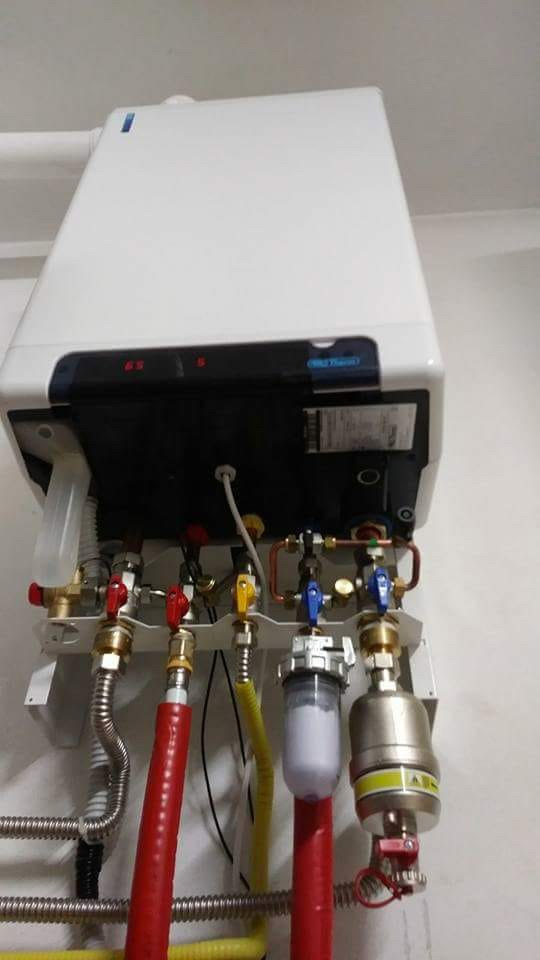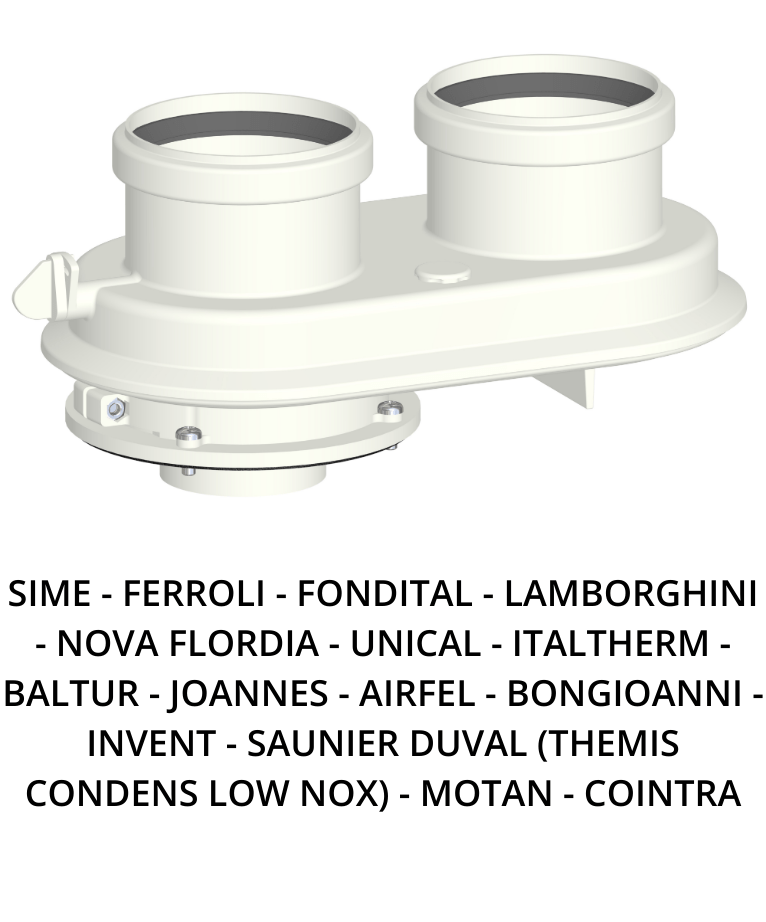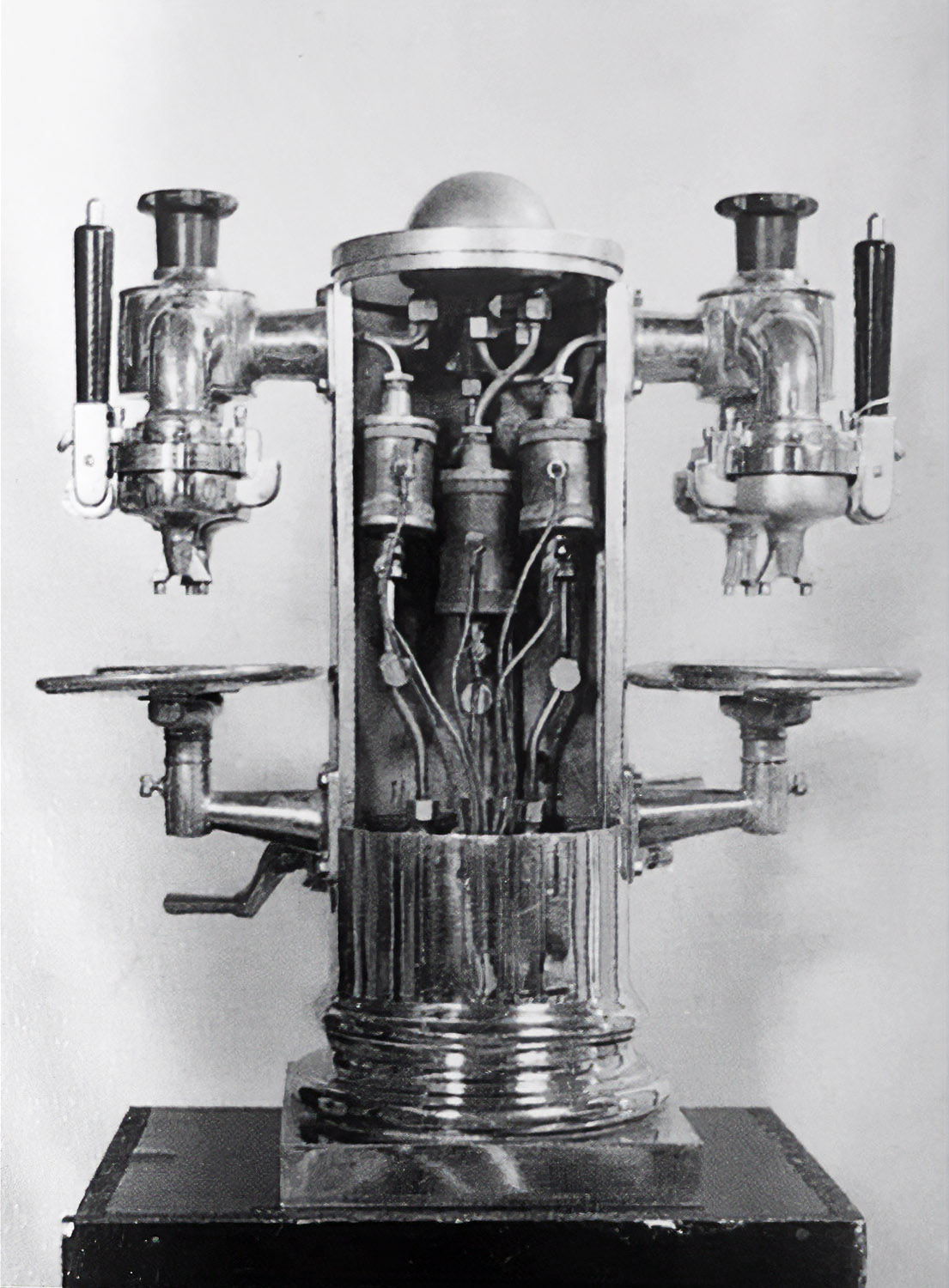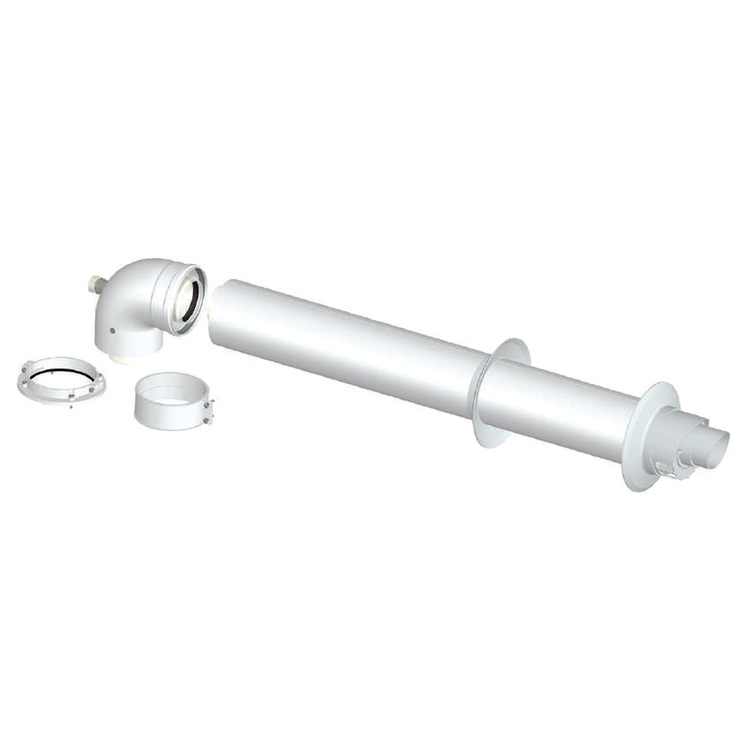
Kit scarico fumi coassiale parete orizzontale universale ø 60/100 M/F caldaie a condensazione | Climamarket
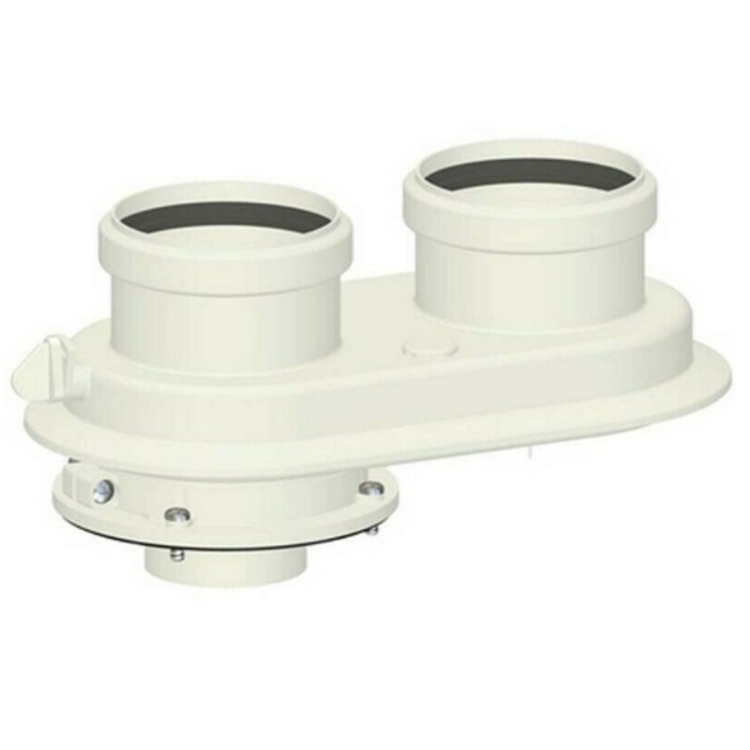
Kit sdoppiato scarico fumi universale ø 80/80 per caldaie a condensazione in PP - PABSD 06 D80 | Climamarket

RUBINETTO MISCELATORE ELETTRICO CALDAIA ACQUA CALDA ISTANTANEA CASA CUCINA BAGNO – DISCORAMA.IT – elettronica, musica, videogames, DVD e tanto altro

Caldaie Ad Acqua A Basso Tenore Di Carbonio A Induzione Migliore Caldaia Per Riscaldamento A Pavimento - Buy Migliore Caldaia Per Riscaldamento A Pavimento,Basso Tenore Di Carbonio Caldaie,Induzione Acqua Caldaia Product on
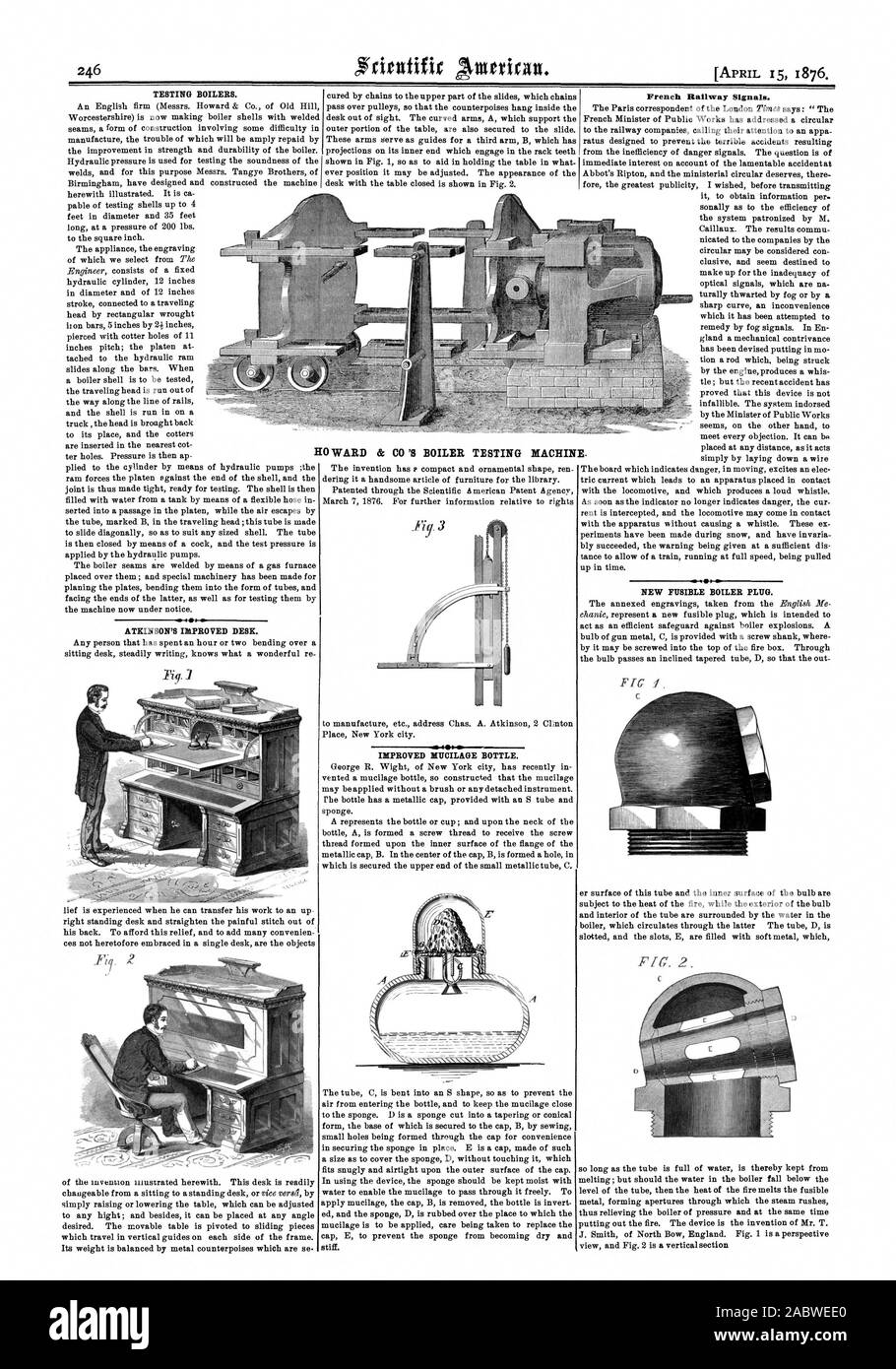
Il collaudo di caldaie. ATKINSON migliorato di scrivania. Mucillagine migliorata bottiglia. Francese segnali ferroviari. Nuova caldaia Fusibile plug. B. 0 WARD & CO 'S il collaudo di una caldaia MACHIN [01 ',

Kit installazione caldaia con defangatore - dosatore polifosfati - neutralizzatore condensa - scarico fumi coassiale - universale 3 | Climamarket
